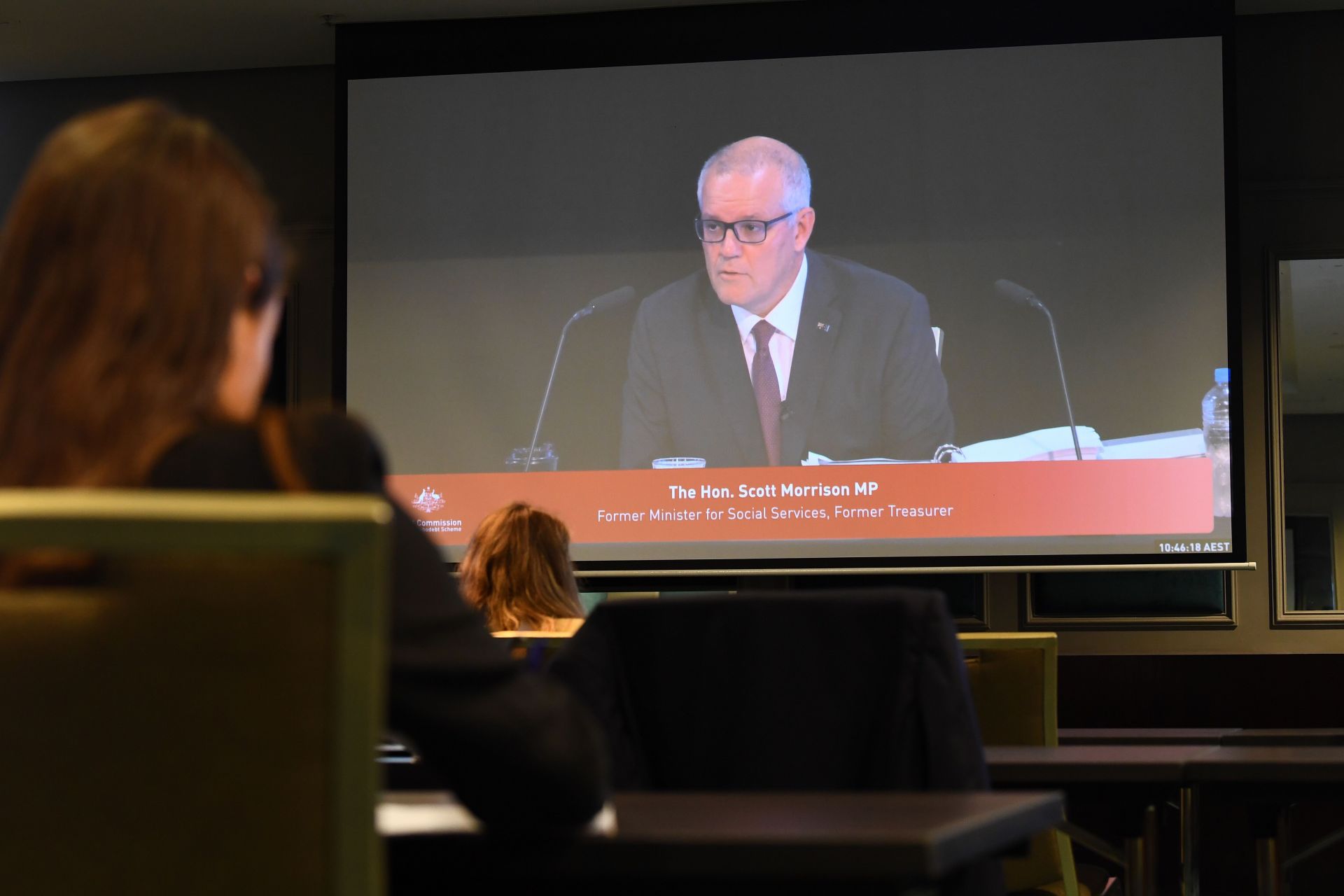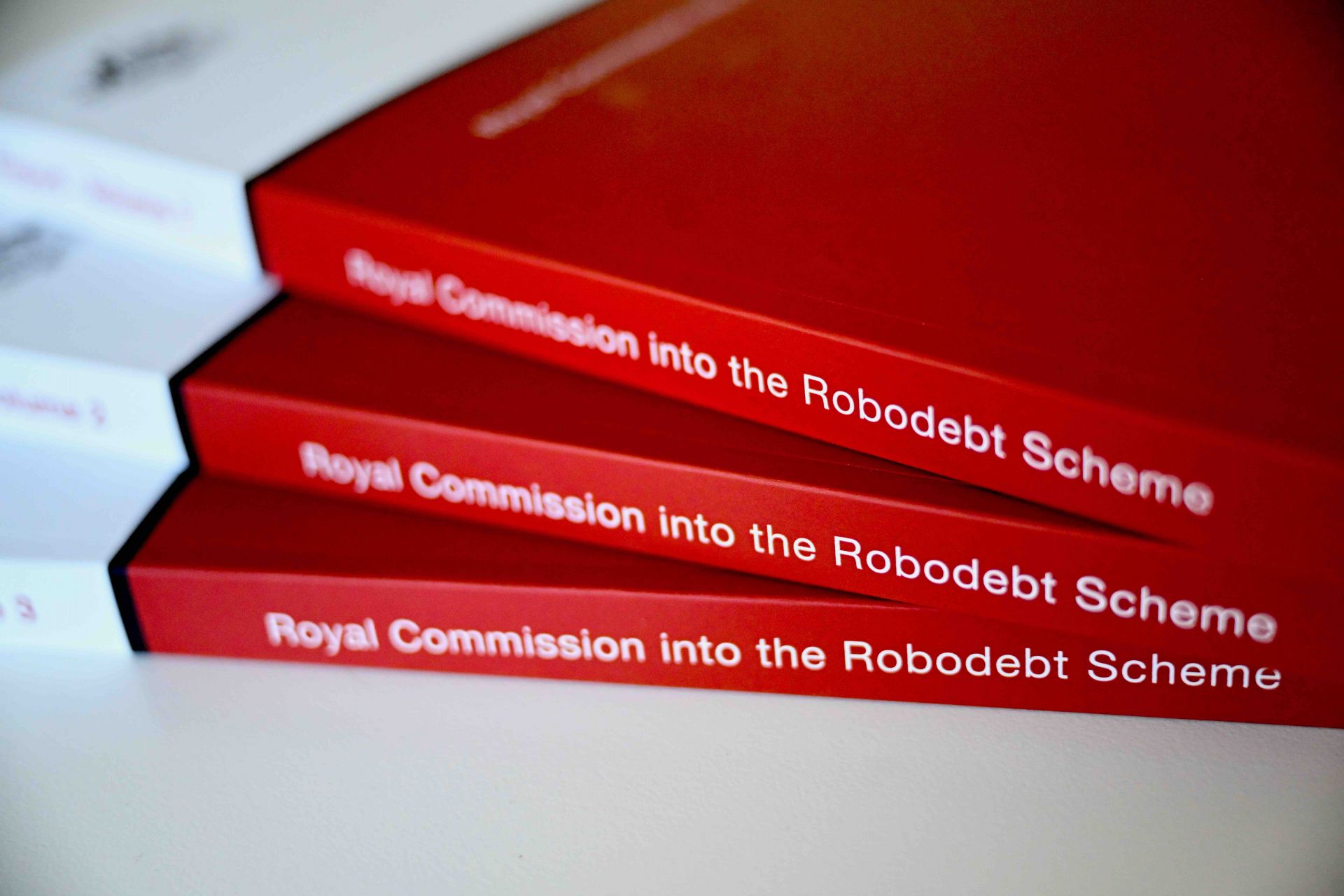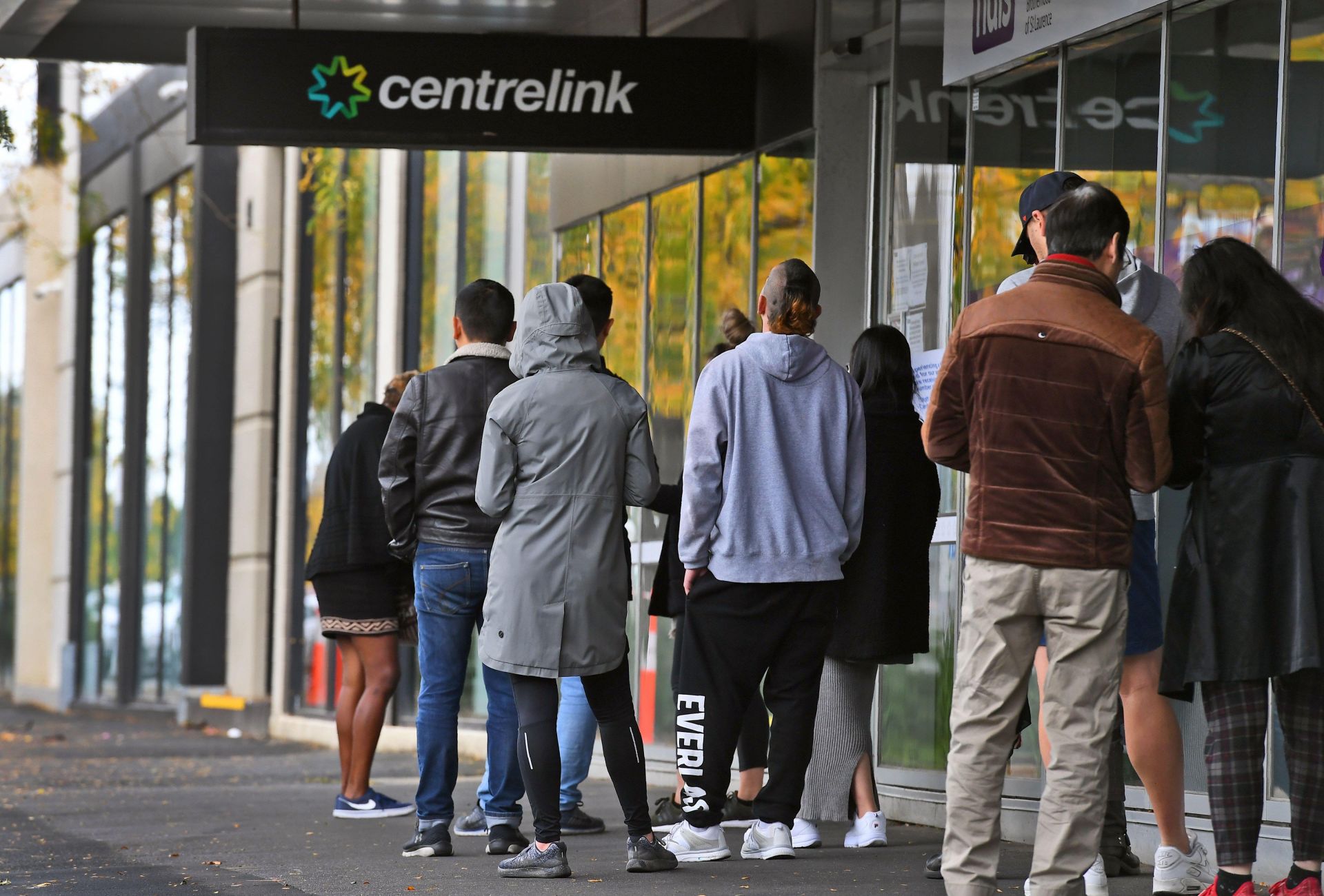
Sciences & Technology
The flawed algorithm at the heart of Robodebt

Despite the deeply disturbing revelations of the Robodebt Royal Commission, many government agencies are still using poor debt collection practices
Published 10 September 2024
Australia's ‘Robodebt’ scheme was rightly described by the Albanese Government as "a gross betrayal and a human tragedy".
The scheme traumatised already vulnerable people and seriously undermined trust in government and the public service.
Following the Royal Commission into the Robodebt Scheme, the Federal Government pledged to restore this trust by implementing meaningful change.

But evidence continues to emerge that federal, state and local governments are still using heavy-handed tactics to recover debts, sometimes from highly disadvantaged Australians.
Our team at Melbourne Law School has studied the laws that regulate debt collection by government agencies. We’ve found there are very few safeguards to ensure that government debt collection is fair, consistent and transparent.
This is an ongoing risk to Australians from all walks of life, including social security recipients, pensioners, war veterans, ratepayers, taxpayers, families with children in daycare and small business owners who receive government grants.
In Australia, social security recipients can earn income from work.
They must report their earnings to Centrelink – the agency responsible for social security. Earnings above a certain threshold lead to lower social security payments.
The Robodebt scheme used an automated process to cross-check people’s reported earnings with income data gathered from the Australian Taxation Office (ATO). Where these checks indicated that Centrelink had overpaid people, it generated debt notices automatically, without any human oversight.

Sciences & Technology
The flawed algorithm at the heart of Robodebt
These notices did not explain how the debts were calculated. Critically, Robodebt reversed the onus of proof, forcing people to prove to Centrelink that they did not owe money.
Robodebt also used a new process known as ‘averaging’ to estimate recipients’ fortnightly incomes, based on annual figures supplied by the ATO.
Even before the scheme began, senior officials knew the ‘averaging’ method produced inaccurate results.
Sometimes it identified debts where none existed. At other times, it overstated debts by thousands of dollars. The Scheme had an immediate and catastrophic impact when it was launched in late 2016.
Many people who received debt notices were already in crisis, "‘struggling to cover the cost of three meals a day". Some only learned of their alleged debts when they were contacted by private debt collectors, hired by Centrelink.

The suffering caused by Robodebt swiftly triggered an investigation by the Commonwealth Ombudsman. It also prompted sharp criticism from consumer advocates and two consecutive Senate inquiries.
Yet remarkably, the scheme continued until May 2020, when the then-Government was finally forced to concede that the ‘averaging’ method was illegal.
After a change of government in 2022, a Royal Commission was established.
In its Final Report, released in August 2023, the Royal Commission deplored Robodebt as a "costly failure of public administration, in both human and economic terms".
The Report found that the previous Government was forced to refund $AU746 million to 381,000 people and write off debts totalling $AU1.751 billion, after the scheme’s illegality was revealed.
It also found ‘dismaying’ evidence of "dishonesty and collusion" at senior levels of the public service, "to prevent the Scheme’s lack of legal foundation coming to light".

Politics & Society
What is the law when AI makes the ‘decisions’?
The Final Report contained personal accounts of the "anxiety, depression, distress and trauma" people experienced due to frequent, aggressive debt collection efforts by Centrelink and private firms.
Some were so deeply affected that they vowed never to engage with the social security system again.
The current government has made some important changes in response to the Royal Commission.
It has banned the use of debt collectors to recover social security debts and created a new appeals body to make it easier for people to challenge Centrelink decisions.
But many recent changes could be easily undone by a future government.
And even now, we continue to hear new accounts of harmful and unduly aggressive debt collection practices by public agencies.

Consumer advocates say that Services Australia (which now includes Centrelink) is still causing widespread distress with vague and poorly worded debt notices.
These notices contain little detail about how the alleged debts were calculated and make the recipients feel "chased… persecuted [and] confused".
Those who try to contact Services Australia to request more information often face long wait times or a pre-recorded ‘congestion message’, which tells them to go online and then hangs up.
The ATO has also been widely criticised for its aggressive debt recovery methods.
The Law Council of Australia has maintained that the extraordinary scope of the ATO’s debt recovery powers means that they should only be deployed "with the utmost care".
But in March 2024, the Commonwealth Ombudsman and the Taxation Ombudsman issued a scathing review of the ATO’s debt collection practices, pointing to the ATO’s recent debt awareness campaign as an example of ‘what not to do’.

Business & Economics
Time for a Universal Basic Income?
Most recently, in August 2024, the New South Wales State Government has been accused of ‘hounding’ business owners for repayment of micro-business grants issued during the COVID-19 pandemic.
To address this recurring problem, the Commonwealth Government must develop an overarching debt collection policy.
This should incorporate the key principles set out by the Royal Commission – including commitments to act ethically, proportionately, consistently and transparently – and apply them to all forms of government debt collection.
The policy should ensure oversight, transparency and accountability, creating an explicit role for the Commonwealth Ombudsman. It should include special rules for private debt collection firms used by government agencies.
The policy should set a high standard and serve as a model for state and local governments.

The Government must also ensure that advocates – particularly financial counsellors and community lawyers – can help people when they are pursued for these debts.
Worryingly, in May 2024 a specialist social security legal centre announced that it would start winding down its services after its funding dropped suddenly by 40 per cent.
The Robodebt scheme badly damaged Australians’ trust in government.
The name of the scheme has become a byword for bureaucratic malpractice and harsh, capricious debt collection practices.
To restore public trust, we need a clear and principled debt collection framework, one that that fully embraces the lessons of the Royal Commission and applies them to all Australian public agencies.